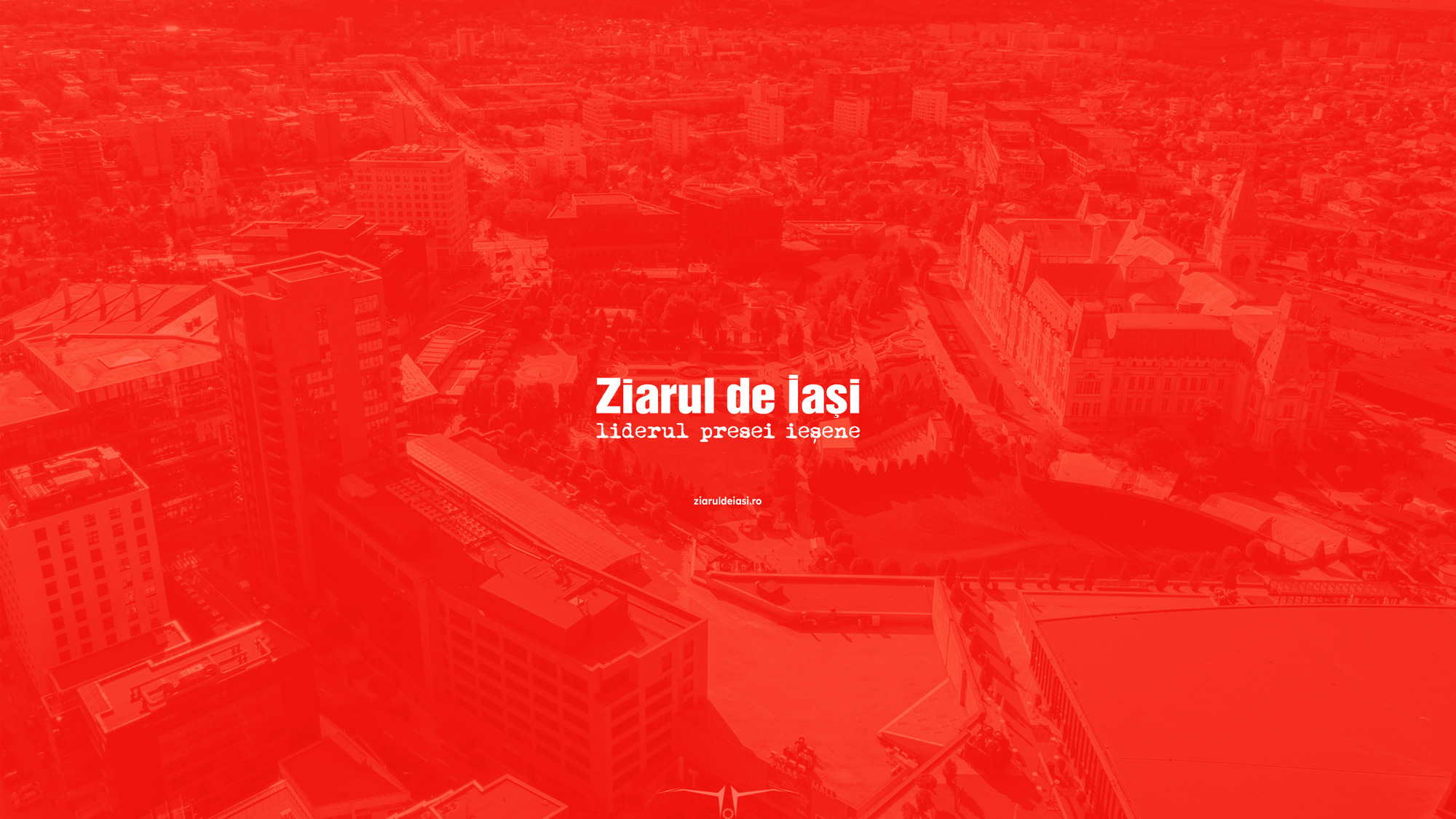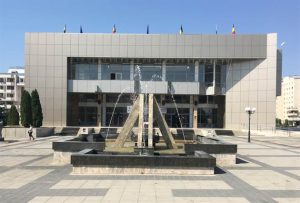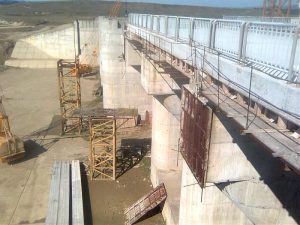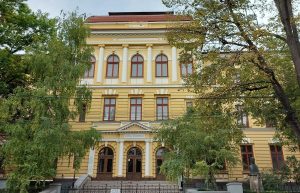
For eight days, the citizens of the United States of America live an event that represented, according to the polls, the central point of the public interest since the Vietnam War. One week after the vote, the Americans still don’t know who their future leader will be: the republican George Bush or the democrat Al Gore. This is the number one topic for mass-media, for the retired in the parks or even for the complaisant dialogues between strangers in the metro, a rare thing, given the Americans’ coldness. Such an interest for a political event is hard to imagine in USA, even by the American analysts.
The uncertainty of the results has nourished, of course, the discourses of the authoritarian regimes worldwide, the official press in such countries suddenly according large spaces to the events in Washington. At Baghdad, for instance, Saddam Hussein’s official newspaper has already labeled democracy: a parody. Somehow warmer, the Chinese press limited to treating with irony what happened in the United States, noticing, yet, that such a post-electoral evolution of things is inadmissible for such a great power.
This kind of reactions did not miss in Romania either. Pretentious newspapers even said that what has happened there is a slap to democracy. Not to talk about the so-called political analysts of the category "Ion Cristoiu", who did not hesitate a bit to label it all "American madness", condemning the American democratic system and the Americans’ pretension of being a world power.
What these contestants seem not to understand is something else: the fact that democracy is not a standardized system, eventually registered at the Inventions and Brands Office, applying everywhere and anyhow.
It is almost unconceivable how in the US, with the current Constitution, adopted since 1787 and valid now, there has been no intern conflict since the secession war. What other country in the world can boast with such an achievement, for almost 150 years? It is natural to wonder to what fact they owe this, that in a region where very heterogeneous people and interests came together there were no armed conflicts.
Those who mistrust now the American electoral system contest, maybe, a question of common sense. The fact that the citizen’s vote is not accorded directly to the President, like in Romania, for instance, but to an elector who will subsequently elect the president, this elector, though the member of a party, having the freedom to show another final option. An exceptional event, which, however, happened more than once.
But what can happen, even more seriously? A president who, theoretically, receives more votes finally lose the race because of the algorithm of dividing the electors on states. The American states have a number of electors proportional not only to the population, but also to the economic (and not only) importance of the state. At the moment the American Constitution was elaborated, in the 18th century, its authors though of a democratic system that ensure the US unity too. History has demonstrated they did it well.
What happens now? A precedent repeats, which hadn’t repeated since 1888: a president who obtains less direct votes has more chances to become a president by the agency of the system of electors. But let’s imagine what chaos would be produced in Romania under the same circumstances, if the system were the same. Let’s go deeper and imagine what would have happened 60 years ago or more? Let’s not forget that now in USA, in spite of the street manifestations, there was no fight. People manifest calmly.
Democracy doesn’t work like a perfect mechanism. So can function a dictatorship but not a political system relying on pluralism and free opinion. Maybe the American democratic system is not the most proper one for the year 2000, but this deficiency hasn’t appeared by now, and it appears now because of the close score of the two candidates. But the way in which things work in the United States of America shows that the law will solve, eventually, this dispute.
The Romanian State was strongly shattered in January 1999, during the last miners’ protest, because of the division between the options of some thousands miners and the rest of the population. USA resists as if nothing happened in a time when the division is complete – 50% against 50%. Contrary to many opinions, the United Sates’ democracy proves to be, by this very way of manifesting, one of the strongest in the world.
(Claudiu RAUS)























